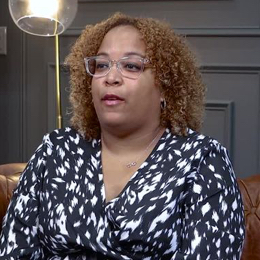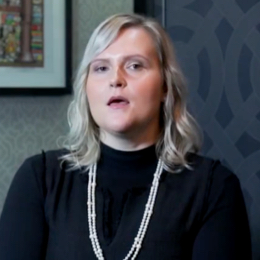Who pays for car damage in a no-fault state like NJ?
In a no-fault state like New Jersey, your own auto insurance typically covers your medical expenses and property damage, regardless of who is at fault for the accident. This system is in place to limit lawsuits and expedite the compensation process.
Whose insurance pays in a car accident in NJ?
In New Jersey, your own insurance generally covers your medical expenses and property damage under the no-fault system. However, in cases of severe injury or property damage, you may be able to step outside of the no-fault system and file a claim against the at-fault driver’s insurance.
How does NJ no-fault work?
New Jersey’s no-fault system requires drivers to carry Personal Injury Protection (PIP) insurance. PIP covers your own medical expenses and lost wages, regardless of who caused the accident. Under this system, you file a claim with your own insurer instead of the at-fault driver’s insurer.
How long does it take to settle a car accident in NJ?
The timeline for settling a car accident in New Jersey can vary depending on the complexity of the case, the severity of injuries, and the amount of property damage. It can take anywhere from a few weeks to several months or even years, depending on the circumstances and whether the case goes to court.
Can someone sue you personally after a car accident in NJ?
In most cases, New Jersey’s no-fault system limits the ability to sue after a car accident. However, if the accident results in serious injury or death, or if certain financial thresholds are exceeded, the injured party may be able to sue the at-fault driver personally for additional damages.
What happens if the person at fault in an accident has no insurance in NJ?
If the at-fault driver has no insurance in New Jersey, you can file a claim with your own insurance company under your uninsured motorist coverage. This coverage is typically required and will help cover your expenses. You may also have the option to sue the uninsured driver personally for damages.
What happens if you get in an accident without insurance in New Jersey?
Driving without insurance in New Jersey is illegal and can result in fines, license suspension, and other penalties. If you’re involved in an accident without insurance, you may be held personally liable for any damages and could face legal action from the other party.
How is pain and suffering calculated in New Jersey?
In New Jersey, pain and suffering damages are calculated on a case-by-case basis. Factors that may be considered include the severity of the injury, the impact on daily life, the duration of pain, and any emotional distress. There is no specific formula for calculating pain and suffering, and it often requires negotiation between the parties or a decision by a judge or jury.
Can you sue for pain and suffering in New Jersey?
Yes, you can sue for pain and suffering in New Jersey if the accident resulted in serious injury or death, or if certain financial thresholds are exceeded. In such cases, you can step outside of the no-fault system and pursue a claim against the at-fault driver.
What is the statute of limitations to sue for a car accident in NJ?
In New Jersey, the statute of limitations for filing a personal injury lawsuit after a car accident is two years from the date of the accident. If you fail to file your lawsuit within this time frame, you may lose your right to pursue compensation. For property damage claims, the statute of limitations is six years from the date of the accident.
How long does an insurance company have to investigate a claim in NJ?
In New Jersey, insurance companies are generally required to acknowledge a claim within 10 days of receiving it and make a decision on the claim within 30 days after the submission of necessary documentation. However, this timeline may be extended if the insurer needs additional time to investigate the claim or if there are disputes between the parties.
Who usually decides who was at fault in a car crash?
Determining fault in a car crash usually involves insurance companies, law enforcement, and sometimes the court system. Insurance adjusters will investigate the accident, review evidence, and speak with witnesses to determine fault. In some cases, a judge or jury may decide fault if the case goes to court.
Is rear-ending always my fault?
While the driver who rear-ends another vehicle is often found at fault due to following too closely or not paying attention, there are exceptions. For example, if the driver in front suddenly reverses or if their brake lights are not functioning, the fault may be shared or attributed to the other driver.
How many points is an at-fault accident in NJ?
In New Jersey, an at-fault accident resulting in injuries may add 8 points to your driving record. However, the point system primarily applies to moving violations, and not all accidents will result in points. Accumulating too many points can lead to increased insurance premiums and other penalties.
Who is at fault in a parking lot accident in NJ?
Determining fault in a parking lot accident in New Jersey depends on the circumstances and actions of the drivers involved. Generally, the driver who failed to yield the right of way or was driving recklessly will be considered at fault. In some cases, both drivers may share responsibility for the accident.




































